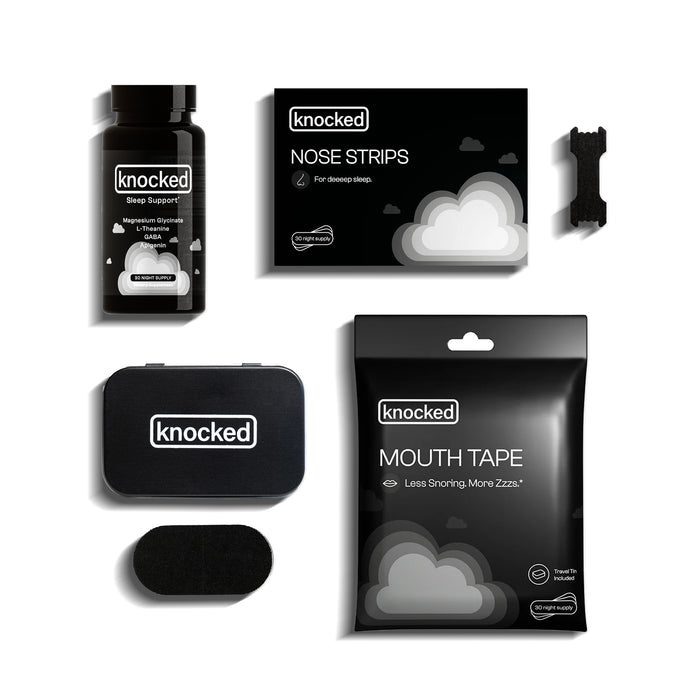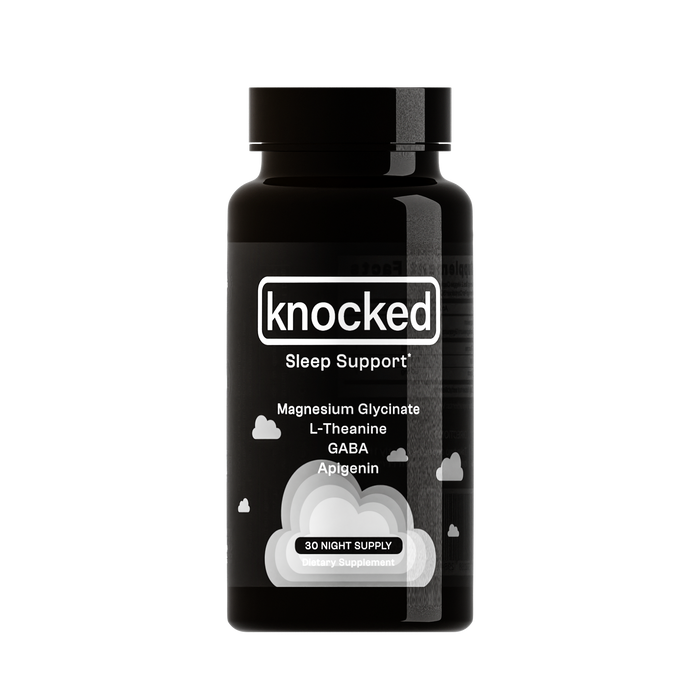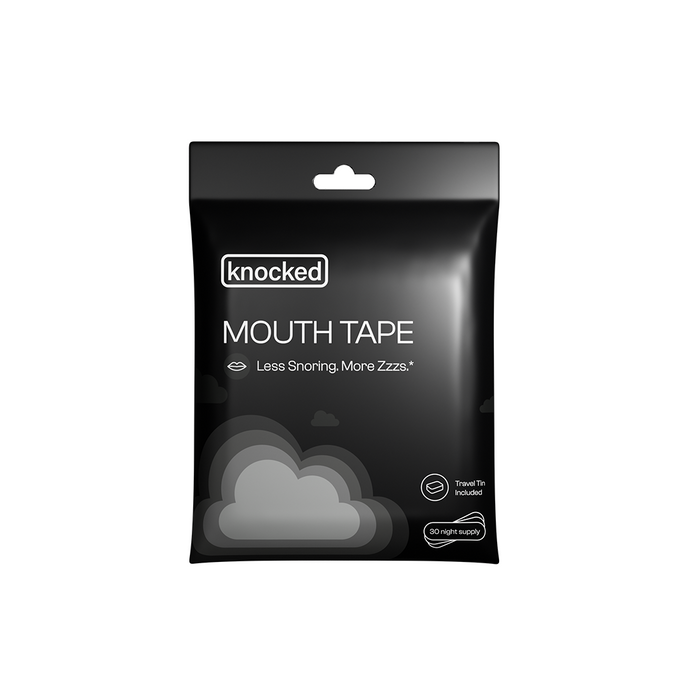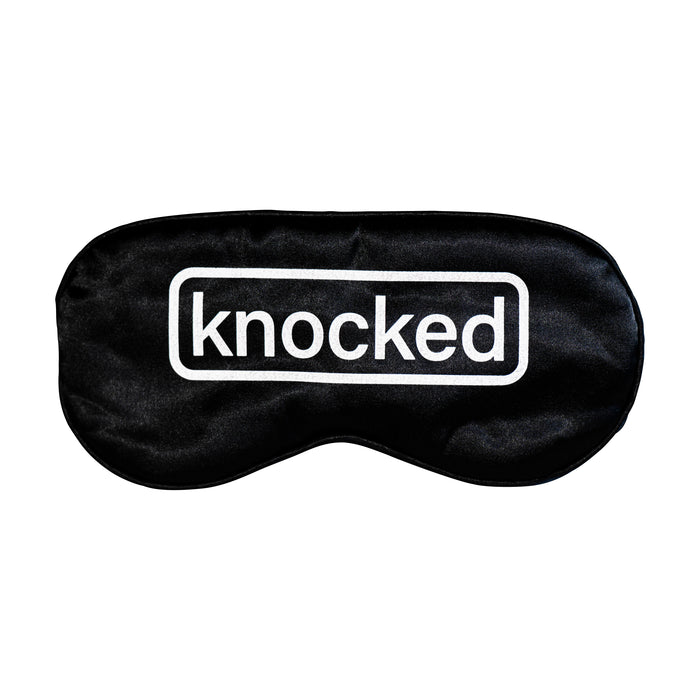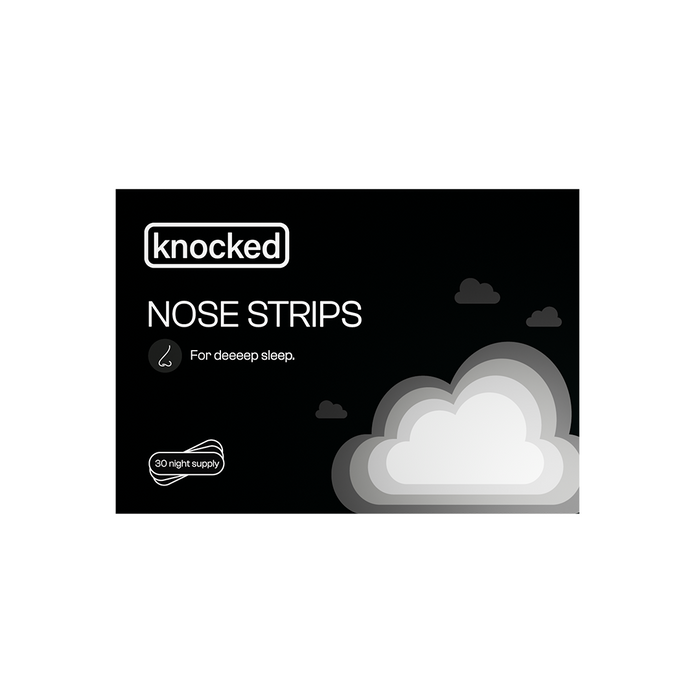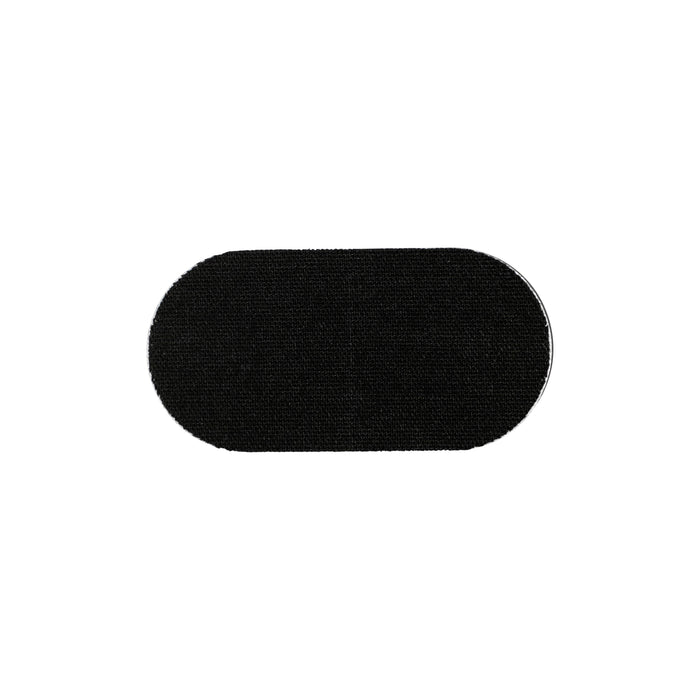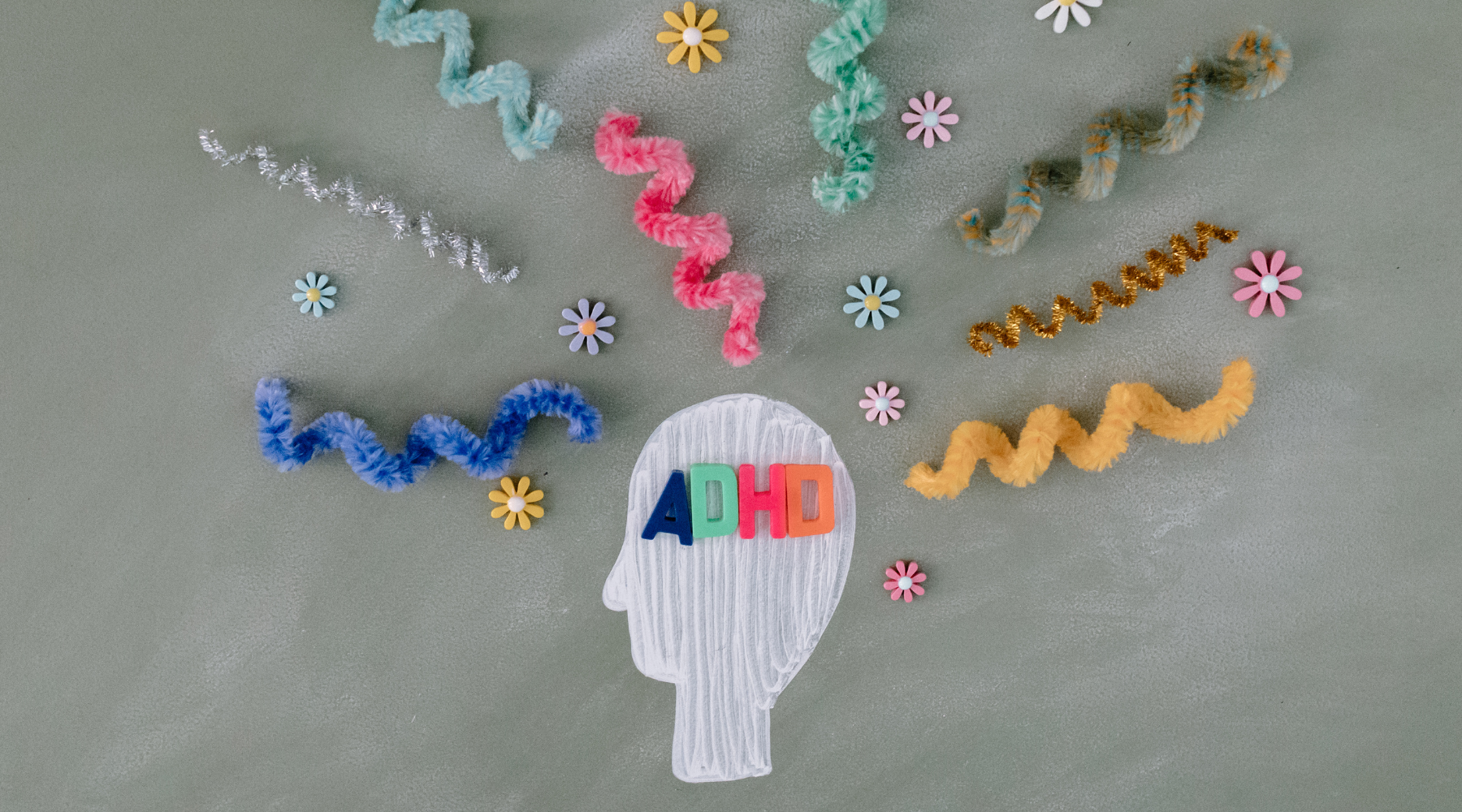

ADHD and Sleep: Understanding the Connection and Tips for Better Sleep
Attention Deficit Hyperactivity Disorder (ADHD) affects millions of people worldwide, and one of the most common symptoms of the condition is difficulty sleeping. ADHD is a neurodevelopmental disorder that affects the brain's executive functions, leading to symptoms such as hyperactivity, impulsivity, and inattention. These symptoms can make it challenging to fall asleep and stay asleep, leading to sleep disturbances that can exacerbate the symptoms of ADHD.
In this blog post, we'll explore the link between ADHD and sleep disorders and provide tips on how to improve sleep quality for those with ADHD.
ADHD and Sleep Disorders: The Link
Research has shown that individuals with ADHD are at a higher risk of developing sleep disorders than the general population. Studies indicate that up to 70% of children and adults with ADHD experience sleep problems, compared to 30% of the general population (1).
The most common sleep disorders associated with ADHD include:
The relationship between ADHD and sleep disorders is bidirectional, meaning that sleep disturbances can worsen ADHD symptoms, and ADHD symptoms can lead to poor sleep quality. For example, hyperactivity and racing thoughts can make it challenging to fall asleep, leading to sleep deprivation that can exacerbate symptoms of inattention and impulsivity.
Tips for Better Sleep with ADHD
If you or a loved one is struggling with ADHD and sleep problems, there are steps you can take to improve sleep quality. Here are some tips:
Establish a Regular Sleep Routine
Establishing a regular sleep routine can help regulate the body's internal clock and promote better sleep quality. Go to bed and wake up at the same time every day, even on weekends. This consistency can help improve sleep quality and make it easier to fall asleep at night.
Avoid Stimulants Before Bed
Stimulants such as caffeine and nicotine can interfere with sleep quality and make it more challenging to fall asleep. Avoid consuming these substances before bed, and try to limit your intake throughout the day.
Create a Relaxing Sleep Environment
Create a sleep-conducive environment that is quiet, cool, and dark. Use comfortable bedding and consider using a white noise machine or earplugs to block out noise.
Consider Cognitive Behavioral Therapy for Insomnia (CBT-I)
CBT-I is a type of therapy that helps individuals address negative thoughts and behaviors that can interfere with sleep quality. This therapy can be especially helpful for those with ADHD who struggle with racing thoughts at night.
Consult with a Healthcare Provider
If you're struggling with sleep problems, it's essential to consult with a healthcare provider. A healthcare provider can help identify and treat any underlying sleep disorders and provide guidance on lifestyle changes that can promote better sleep quality.
For those with ADHD, getting enough sleep can be a challenge. However, addressing sleep issues is an essential part of managing the symptoms of ADHD and promoting overall health and well-being. By establishing a regular sleep routine, avoiding stimulants before bed, creating a relaxing sleep environment, considering CBT-I, and consulting with a healthcare provider, you can improve sleep quality and manage the symptoms of ADHD more effectively.
Sources:
Cortese, S., et al. (2013). Sleep disorders and ADHD: a review. Sleep Medicine, 14(10), 1043-1051. doi:10.1016/j.sleep
In this blog post, we'll explore the link between ADHD and sleep disorders and provide tips on how to improve sleep quality for those with ADHD.
ADHD and Sleep Disorders: The Link
Research has shown that individuals with ADHD are at a higher risk of developing sleep disorders than the general population. Studies indicate that up to 70% of children and adults with ADHD experience sleep problems, compared to 30% of the general population (1).
The most common sleep disorders associated with ADHD include:
- Insomnia: Difficulty falling asleep or staying asleep, waking up too early, or not feeling rested after sleep
- Sleep apnea: A breathing disorder that causes interruptions in breathing during sleep, leading to poor sleep quality
- Restless leg syndrome (RLS): An uncontrollable urge to move the legs, often accompanied by discomfort or pain, that can interfere with sleep
The relationship between ADHD and sleep disorders is bidirectional, meaning that sleep disturbances can worsen ADHD symptoms, and ADHD symptoms can lead to poor sleep quality. For example, hyperactivity and racing thoughts can make it challenging to fall asleep, leading to sleep deprivation that can exacerbate symptoms of inattention and impulsivity.
Tips for Better Sleep with ADHD
If you or a loved one is struggling with ADHD and sleep problems, there are steps you can take to improve sleep quality. Here are some tips:
Establish a Regular Sleep Routine
Establishing a regular sleep routine can help regulate the body's internal clock and promote better sleep quality. Go to bed and wake up at the same time every day, even on weekends. This consistency can help improve sleep quality and make it easier to fall asleep at night.
Avoid Stimulants Before Bed
Stimulants such as caffeine and nicotine can interfere with sleep quality and make it more challenging to fall asleep. Avoid consuming these substances before bed, and try to limit your intake throughout the day.
Create a Relaxing Sleep Environment
Create a sleep-conducive environment that is quiet, cool, and dark. Use comfortable bedding and consider using a white noise machine or earplugs to block out noise.
Consider Cognitive Behavioral Therapy for Insomnia (CBT-I)
CBT-I is a type of therapy that helps individuals address negative thoughts and behaviors that can interfere with sleep quality. This therapy can be especially helpful for those with ADHD who struggle with racing thoughts at night.
Consult with a Healthcare Provider
If you're struggling with sleep problems, it's essential to consult with a healthcare provider. A healthcare provider can help identify and treat any underlying sleep disorders and provide guidance on lifestyle changes that can promote better sleep quality.
For those with ADHD, getting enough sleep can be a challenge. However, addressing sleep issues is an essential part of managing the symptoms of ADHD and promoting overall health and well-being. By establishing a regular sleep routine, avoiding stimulants before bed, creating a relaxing sleep environment, considering CBT-I, and consulting with a healthcare provider, you can improve sleep quality and manage the symptoms of ADHD more effectively.
Sources:
Cortese, S., et al. (2013). Sleep disorders and ADHD: a review. Sleep Medicine, 14(10), 1043-1051. doi:10.1016/j.sleep
